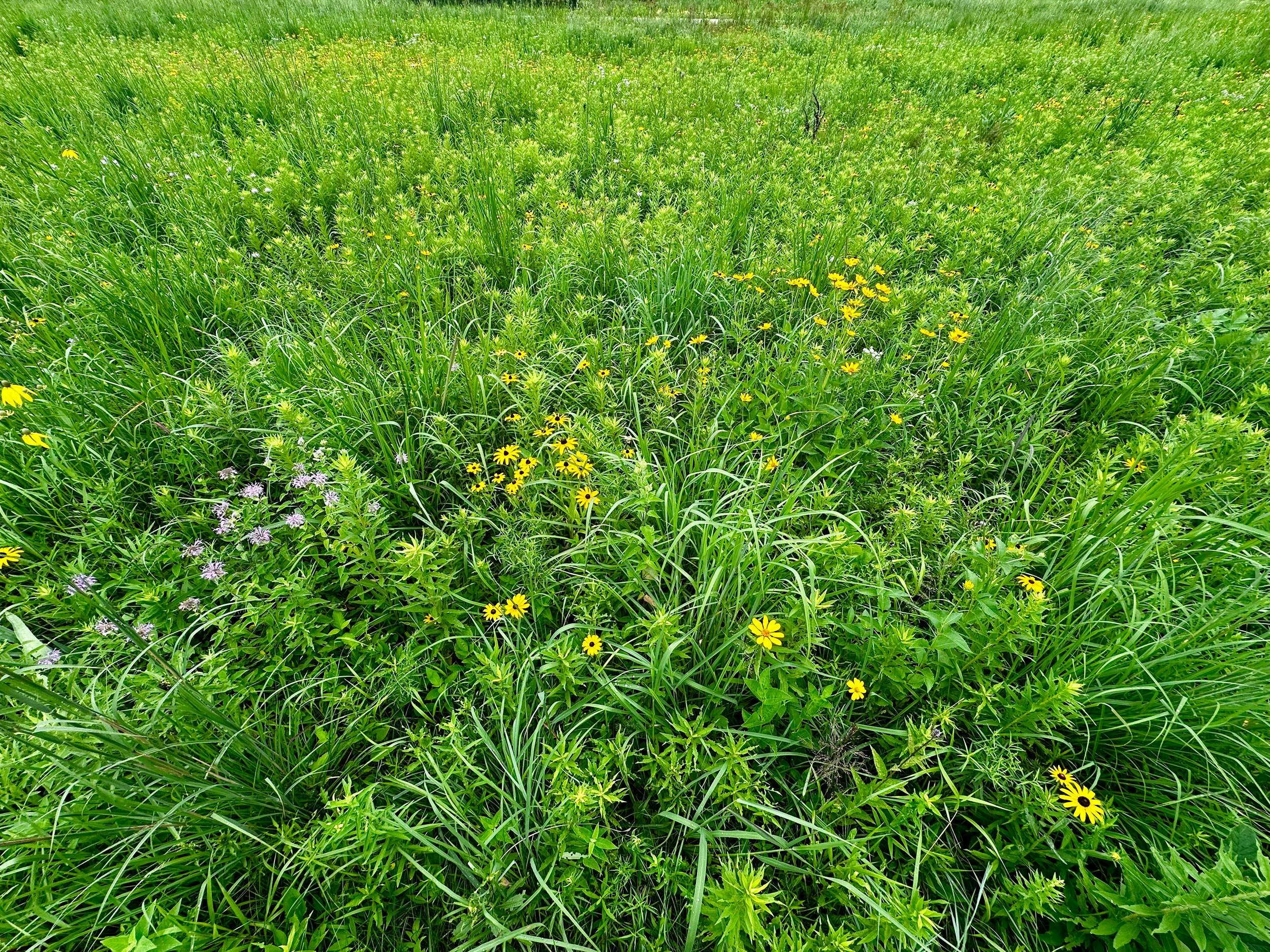Introduction
Maintaining a lush, green lawn in Kansas City can be a rewarding endeavor, but it’s not without its challenges. One of the most persistent problems homeowners face is the battle against weeds. These unwelcome invaders can quickly turn a beautiful lawn into an unsightly mess, robbing your grass of essential nutrients and water. Fortunately, with the right strategies and a bit of diligence, you can keep your lawn weed-free and thriving. In this article, we’ll explore effective methods to prevent weeds in Kansas City lawns, so you can enjoy a healthy, vibrant outdoor space all year round.
Understanding the Weed Problem in Kansas City
Before diving into prevention techniques, it’s crucial to understand why weeds are such a common problem in Kansas City. The region’s climate, characterized by hot summers and cold winters, creates an ideal environment for many types of weeds. Additionally, the soil composition and varying rainfall patterns contribute to weed growth. Common weeds in Kansas City include dandelions, crabgrass, and clover, each requiring specific strategies for control.
Identifying Common Weeds
- Dandelions: Known for their bright yellow flowers, dandelions are perennial weeds that can spread rapidly if not controlled.
- Crabgrass: This annual weed thrives in the summer heat and can outcompete your grass if left unchecked.
- Clover: While some homeowners appreciate clover for its nitrogen-fixing abilities, it can quickly take over a lawn if not managed.
Preventative Measures for Weed Control
To keep weeds at bay, it’s essential to adopt a proactive approach. Here are some effective strategies to prevent weeds in your Kansas City lawn:
1. Lawn Maintenance Best Practices
Maintaining a healthy lawn is the first line of defense against weeds. Consider these lawn care tips:
- Regular Mowing: Keep your grass at the appropriate height to prevent weeds from getting the sunlight they need to grow. For more detailed lawn care tips, you might find our article on mastering lawn care useful.
- Proper Watering: Water deeply but infrequently to encourage deep root growth, which helps your grass outcompete weeds.
- Aeration: Aerate your lawn annually to improve soil health and reduce compaction, which can inhibit weed growth. Learn why fall is the optimal season for lawn aeration.
2. Soil Health and Fertilization
Healthy soil is crucial for a weed-free lawn. Here’s how to improve soil health:
- Soil Testing: Conduct a soil test to determine nutrient levels and pH balance. Amend the soil as needed to create optimal growing conditions for grass.
- Organic Fertilizers: Use organic fertilizers to nourish your lawn without introducing chemicals that could harm beneficial organisms.
3. Mulching and Ground Covers
Mulching and ground covers can help suppress weed growth by blocking sunlight and reducing soil temperature. Consider these options:
- Organic Mulch: Apply a layer of organic mulch around flower beds and trees to prevent weed seeds from germinating.
- Ground Covers: Plant ground covers like creeping thyme or sedum in areas where grass struggles to grow, providing a natural barrier against weeds.
Using Herbicides Wisely
While chemical herbicides can be effective, they should be used sparingly and as a last resort. Here are some tips for using herbicides safely and effectively:
Selecting the Right Herbicide
Choose a herbicide that targets the specific weeds you’re dealing with. Read labels carefully and follow instructions to minimize environmental impact.
Timing and Application
Apply herbicides during the appropriate season for the weeds you’re targeting. For example, pre-emergent herbicides work best in early spring before weeds germinate, while post-emergent herbicides are effective against actively growing weeds.
Natural Weed Control Alternatives
If you prefer to avoid chemicals, there are several natural weed control methods to consider:
Boiling Water
Pouring boiling water over weeds can kill them instantly, making it a simple and eco-friendly option for small infestations.
Vinegar Solution
Mix vinegar with a few drops of dish soap and spray it directly on weeds. The acidity of the vinegar will kill the weeds without harming the soil.
Manual Removal
Hand-pulling weeds is labor-intensive but effective, especially for small areas. Ensure you remove the entire root to prevent regrowth.
Conclusion
Preventing weeds in Kansas City lawns requires a combination of proactive maintenance, soil health management, and strategic interventions. By understanding the local weed challenges and implementing the right strategies, you can enjoy a lush, green lawn that enhances your home’s curb appeal. Whether you choose chemical solutions or natural alternatives, consistency is key. Start today, and take control of your lawn’s future.
